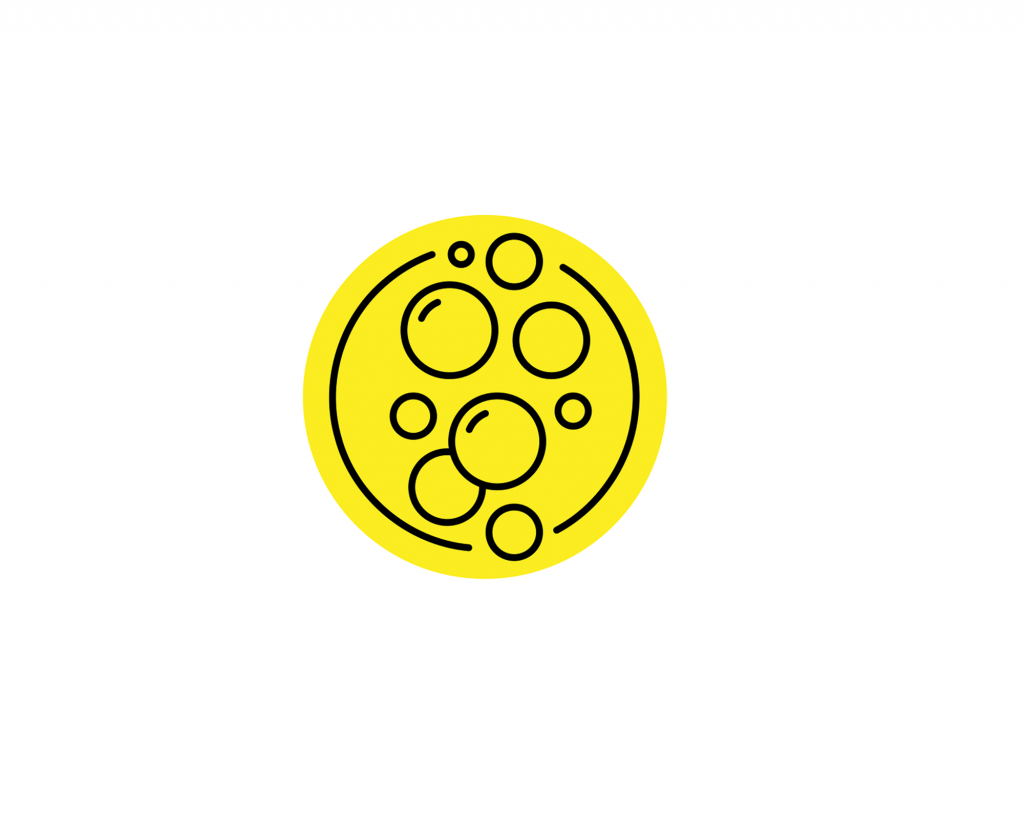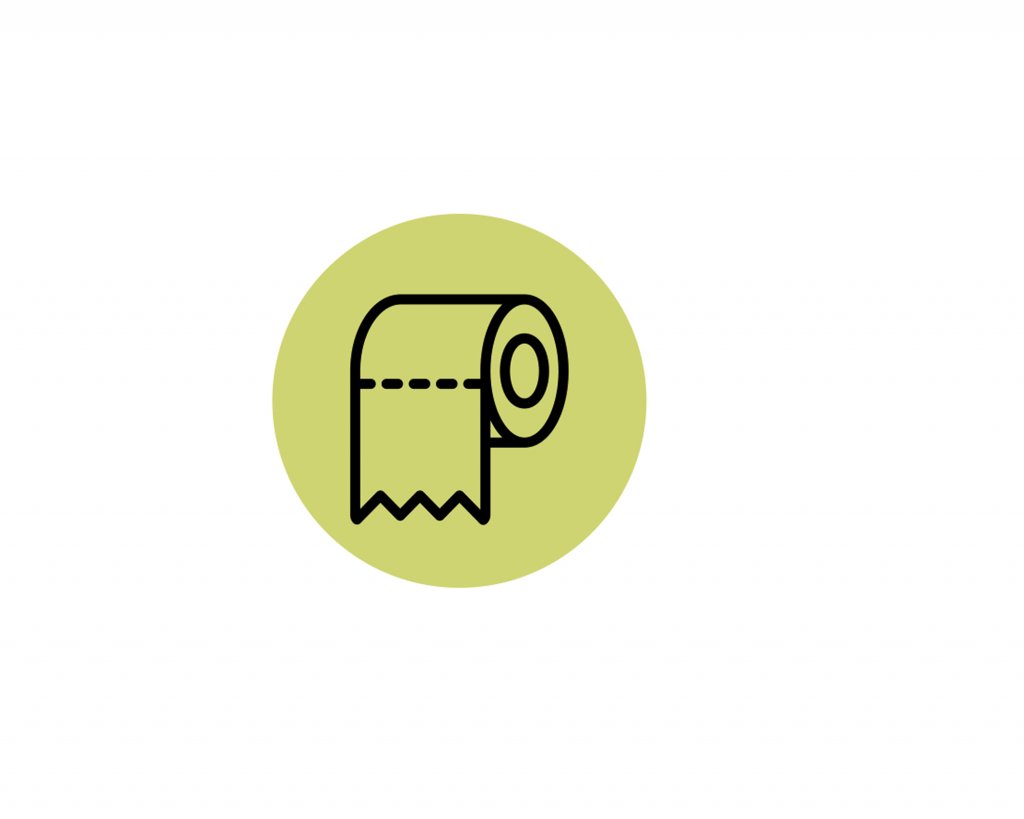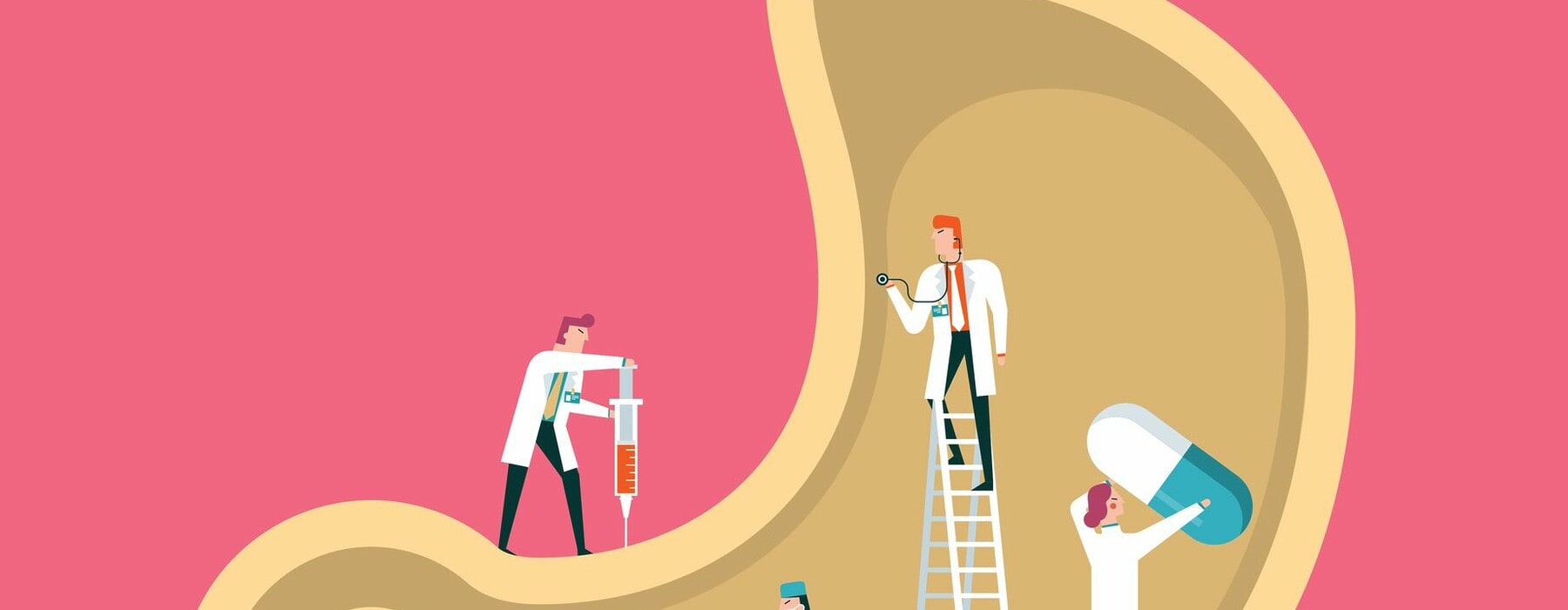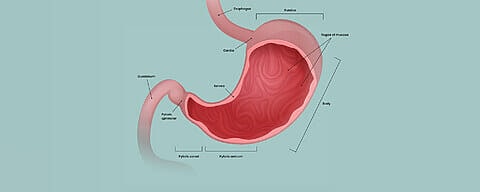Elasticised waists on high rotation in your wardrobe? Work out what could be causing you to feel bloated and how to stop it happening.
*This is a voiceover created by AI and therefore some of the words or pronunciations may be incorrect. We hope you still enjoy this listening experience.
We all know the feeling. The uncomfortable, tight, distended belly; the suspicion that your pants weren’t so tight when you put them on a few hours ago.
Feeling bloated isn’t just something that happens to us after a big dinner (although that’s obviously a cause). It can happen for other reasons – and there are some simple solutions. Here’s a rundown of what might be causing you to feel bloated, but take note: other serious causes of bloating need to be eliminated if you’re struggling with this, so make sure you read right to the last paragraph and don’t self-diagnose.
1. Air (and drinks)

We swallow air when we eat too quickly, drink fizzy drinks (including sparkling water) and chew gum, and it can make its way to our belly, causing us to feel bloated. Stopping it from happening is an easy fix – just cut out the bubbly drinks and gum, and try to take your time over meals. And chew properly!
2. Stress
Stress is linked to bloating in several ways. It can slow digestion, causing constipation and bloating; it can worsen symptoms in people with irritable bowel syndrome (IBS); and it can cause us to gulp more air. Finding ways to manage stress can help beat the bloat, and exercise is a great place to start, as it has the additional benefit of helping to get your gut moving.
3. Constipation

Being constipated is pretty uncomfortable. It’s also super common, and can often be the reason for feeling as if you’re constantly bloated. Even if you think you’re regular, you might still be slightly backed up, especially if you’re also experiencing a bit of pain and wind. The remedy? Pay attention to your poo. If it’s not sausage-shaped, reasonably large, soft, and easy to pass, it could be that things are not functioning as well as they should be. Small, hard stools might be dainty, but they’re not optimal.
4. A lack of fibre

Fix bloating by cleaning up your diet and adding more high-fibre foods: wholegrains, nuts, seeds, vegetables and fruit. If you’re eating white versions of foods such as bread, pasta or rice, switch to the wholegrain versions. And don’t forget beans, chickpeas and lentils – they’re fibre superstars. If you increase your fibre intake, up the amount of water you drink too. Fibre needs water to help it along, and suddenly adding extra fibre without boosting your hydration as well is a recipe for more trouble.
5. Food

Some foods can cause us to get gassy, which can make us feel bloated. Despite their superstar status, beans are common culprits because of the oligosaccharides they contain, and their beneficial fibre can cause trouble for some people, including those who are prone to IBS. If we can, though, we’re better off including beans, chickpeas and lentils in our diets for their fibre and probiotics, which are good food for our gut bacteria. Try canned versions – especially when it comes to lentils and black beans – which have been found to cause fewer symptoms. Introducing these foods to your diet gradually can ease the severity of any bloating you might experience. If you’re really having trouble and can’t pinpoint a food source, check out the low-FODMAP diet for IBS.
6. Hormones

We can’t discount a link between a bloated tum and our hormones, especially at midlife. IBS is much more common in women in the perimenopause years (40s to early 50s), and younger women sometimes report gut symptoms around menstruation. That’s likely due to the connection between our hormones and fluid retention. Higher oestrogen levels can cause water retention, and bloating can also be a side effect when women first start hormone replacement therapy (HRT), though this should ease.
7. More serious stuff
Although bloating is usually more of an annoyance than a major problem, in some cases it can be a sign of something more serious, so if you’ve been feeling bloated for an extended period of time or it’s come on suddenly, get yourself checked out. As well as IBS, bloating can be a symptom of coeliac disease, and it’s also associated with one of the trickiest cancers to detect affecting women, ovarian cancer. So if you’re not feeling right, don’t ignore it.








